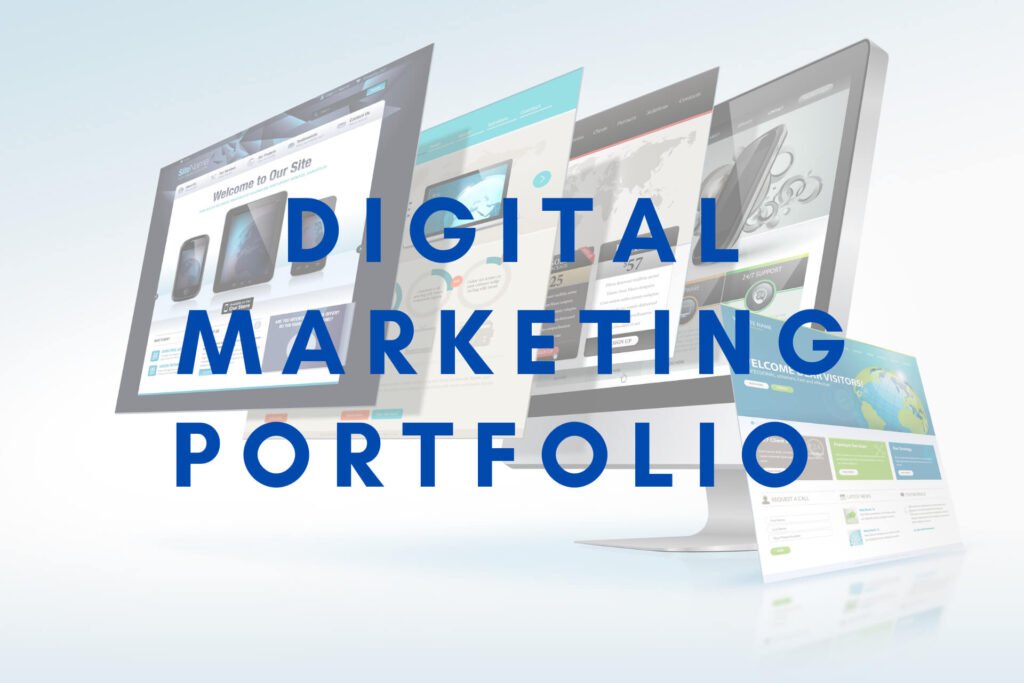How to Start a Digital Marketing Agency from Scratch

Starting a digital marketing agency might sound like a huge leap, but in today’s digital-first world, it’s a step with tons of potential. From small businesses to large corporations, everyone’s looking to strengthen their online presence and connect with customers in a meaningful way. That’s where digital marketing agencies come in—helping brands navigate SEO, social media, content, and all things digital to stay relevant and grow. And the best part? You don’t need a fancy office or a huge team to get started; with the right plan, tools, and a bit of hustle, you can launch a successful agency from scratch.
So, if you’re a digital marketing enthusiast ready to turn your skills into a business, you’re in the right place! This guide will take you step-by-step through everything you need to start your own digital marketing agency—from defining your niche and building your brand to getting your first clients and scaling up. Let’s dive into how you can make your agency stand out and become a go-to for businesses looking to make a splash online.
Understanding the Digital Marketing Landscape
Digital marketing is a vast field with numerous channels and strategies, including SEO, social media marketing, email marketing, content marketing, and pay-per-click (PPC) advertising. Before launching your agency, it’s essential to understand these channels, their role in a business’s marketing strategy, and how they work together to create cohesive digital marketing plans.
Each channel serves a unique purpose:
- SEO (Search Engine Optimization) helps businesses rank higher in search engine results, driving organic traffic.
- PPC (Pay-Per-Click) advertising, including Google Ads, reaches a targeted audience quickly through paid search.
- Social Media Marketing leverages platforms like Facebook, Instagram, and LinkedIn to connect with users on a personal level.
- Email Marketing is key to customer retention, nurturing leads, and driving conversions.
- Content Marketing builds authority and drives engagement with valuable, informative content.
Mastering each channel is crucial to providing a full suite of digital marketing services.
Define Your Niche
With numerous digital marketing agencies competing for clients, choosing a niche can make your agency stand out. Specializing in a niche, such as e-commerce, B2B, or a specific industry like healthcare, can give you a competitive edge and establish your brand as an expert. Here are some steps to help define your niche:
- Assess Market Demand: Research industries with high digital marketing needs.
- Consider Your Expertise: Focus on niches where you have experience or industry knowledge.
- Analyze Competition: Identify gaps in your chosen niche that your agency can fill.
- Target a Geographic Area: If you’re a new agency, targeting a local market can make you a big fish in a small pond.
Develop a Business Plan
A solid business plan serves as the roadmap for your agency’s growth. It outlines your objectives, target market, services, revenue model, and operational strategies. Key components of your business plan should include:
- Mission and Vision: Describe the purpose of your agency and the value it brings to clients.
- SWOT Analysis: Identify strengths, weaknesses, opportunities, and threats.
- Services Offered: List the core services you’ll provide.
- Revenue Model: Define how you’ll price your services, whether it’s on a retainer, project-based, or performance-based model.
- Marketing and Sales Strategy: Outline how you’ll promote your agency and acquire clients.
- Financial Projections: Estimate expenses, revenues, and profitability over the first few years.

Establish Your Brand
Creating a strong brand is vital for positioning your agency in the market. A well-defined brand attracts the right clients and builds trust. Focus on the following branding elements:
- Agency Name and Logo: Choose a memorable name and design a professional logo.
- Website: Build a user-friendly website that showcases your services, team, and client testimonials.
- Social Media Presence: Establish your agency on platforms like LinkedIn, Twitter, and Instagram.
- Value Proposition: Clearly state what sets your agency apart.
Legal Aspects of Starting an Agency
To avoid legal issues, it’s essential to handle the legal aspects of establishing your agency properly. Key steps include:
- Register Your Business: Choose a legal structure (e.g., LLC, corporation, or partnership) and register it with the appropriate authorities.
- Obtain Licenses and Permits: Depending on your location, certain licenses or permits may be required.
- Set Up a Business Bank Account: Keep business finances separate from personal finances.
- Legal Contracts: Draft client agreements, NDAs, and employee contracts to protect your agency.
Build a Talented Team
A successful digital marketing agency relies on a skilled team. If you plan to offer a full suite of services, you’ll need expertise in various areas, including content creation, design, SEO, social media, and analytics. Consider the following hiring strategies:
- In-House Team vs. Freelancers: Depending on your budget, you may start with a few in-house team members or work with freelancers.
- Hire for Core Roles First: Roles like SEO specialists, content writers, PPC experts, and social media managers are essential.
- Training and Development: Invest in training programs to keep your team updated on the latest digital marketing trends.

Create a Portfolio of Services
When starting, it’s best to focus on a few core services that align with your expertise. As your agency grows, you can expand your offerings to include additional services. Popular digital marketing services include:
- SEO Services
- Content Marketing
- PPC Advertising
- Social Media Management
- Email Marketing
- Analytics and Reporting
Set Up Your Digital Marketing Toolkit
Equipping your agency with the right tools is essential for delivering high-quality services. Here’s a list of must-have tools for each area:
- SEO: Tools like SEMrush, Ahrefs, and Moz for keyword research, backlink analysis, and competitor tracking.
- Social Media: Platforms like Hootsuite and Buffer for scheduling and managing social media content.
- Email Marketing: Tools like Mailchimp, ActiveCampaign, or HubSpot for creating and managing email campaigns.
- Analytics: Google Analytics, Google Data Studio, and heatmap tools for analyzing user behavior and campaign performance.
Acquiring Clients
Acquiring clients is often the biggest challenge for new agencies. You need a strategy for attracting and converting leads into clients:
- Build a Client-First Website: Optimize your website with a clear call to action (CTA) and lead capture forms.
- Content Marketing: Showcase your expertise by publishing blog posts, case studies, and guides.
- Networking: Attend industry events, webinars, and networking groups to build relationships.
- Cold Outreach: Reach out to potential clients with a personalized pitch that highlights how your services can benefit them.
- Leverage Testimonials and Case Studies: Positive reviews and successful case studies can be powerful trust signals.
Delivering Exceptional Value to Clients
To grow a digital marketing agency, client satisfaction is paramount. Satisfied clients are more likely to renew contracts, recommend you to others, and provide valuable testimonials. Key to delivering exceptional value are:
- Clear Communication: Regular updates on campaigns, results, and strategy adjustments keep clients in the loop.
- Data-Driven Approach: Use data to back up your decisions and show clients tangible results.
- Customized Solutions: Tailor your strategies to meet the specific needs and goals of each client.
- Transparent Reporting: Provide monthly or quarterly reports that clearly show progress and ROI.

Managing and Scaling Your Agency
Once you establish a steady client base, you may want to scale your agency. Scaling allows you to take on more clients, offer additional services, and increase your revenue. Key tips for scaling include:
- Optimize Operations: Streamline processes using project management tools like Asana or Trello to keep projects on track.
- Expand Your Services: Introduce new services based on client demand and industry trends.
- Increase Automation: Use marketing automation tools to reduce manual tasks and improve efficiency.
- Invest in Marketing: Reinvest profits into marketing campaigns to attract higher-value clients.
- Focus on Client Retention: Retaining clients is more cost-effective than acquiring new ones, so build long-term relationships.
Conclusion
Starting a digital marketing agency from scratch can be a rewarding venture, but it requires careful planning, dedication, and a commitment to delivering results. By understanding the digital marketing landscape, defining your niche, building a talented team, and focusing on client satisfaction, you can create a profitable agency that stands out in a crowded marketplace.
Whether you’re targeting small businesses or large corporations, the key to success lies in providing high-quality, results-oriented services and continuously adapting to the evolving digital landscape. Follow the steps outlined in this guide, and you’ll be well on your way to building a successful digital marketing agency.




